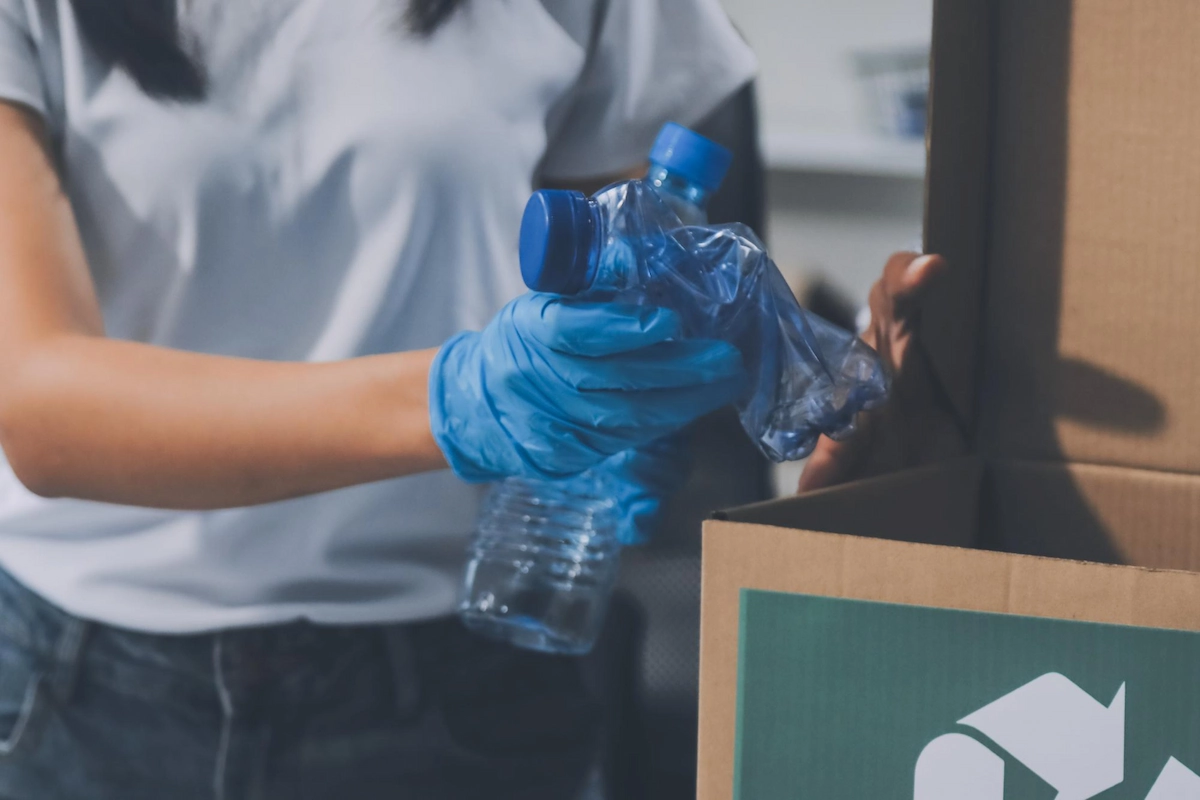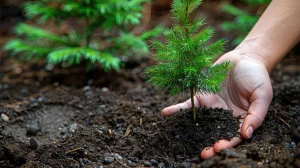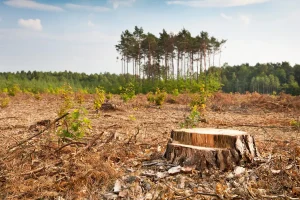Table of Contents
We perform many household activities daily, such as bathing, cooking, and washing. Yet, without us realizing it, these activities produce waste that must be managed properly.
Household waste management is not difficult. You can start by processing organic waste into compost or reusing some items to prevent them from polluting.
Moreover, household waste management can be cost-effective. To learn more about how to manage household waste properly, read this article until the end!
How to Carry Out Household Waste Management
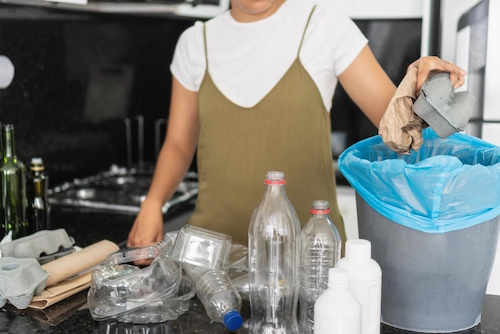
Household waste is waste produced from household activities, such as home cleaning, cooking, and washing. Good household waste management can certainly help preserve the environment.
Not only maintaining environmental health, but household waste management also has the potential to provide economic benefits. This aligns with research in the Biosense Journal, where the economic value of residential waste can reach IDR 163 million/day.
To make the household economically valuable, you should take real action. Here are some actions you can take in household waste management:
1. Throw Trash in Its Place
The first action to get rid of waste properly is by not littering in the garden, river, or side roads. Throwing away trash in its proper place can help prevent flooding and the spread of unwanted diseases.
2. Sort the Waste According to the Category
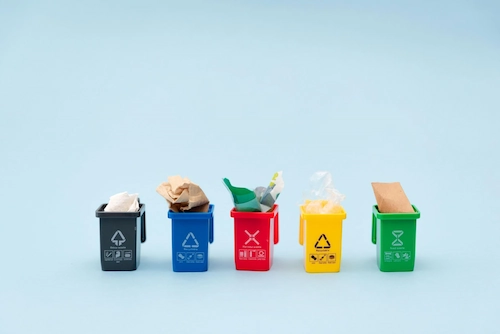
Before discharging the waste, you should sort it based on the appropriate category, be it organic, inorganic, or hazardous waste. To help the sorting process, you can provide different colored trash bins at home.
Sorting household waste is necessary because each category has different properties and management methods. When the three types of waste are mixed, some risks may occur, like the emergence of germs and bacteria.
3. Recycle Inorganic Waste
Inorganic waste can be recycled into valuable stuff. For example, you can make plastic gallon bottle crafts at home, such as a toy storage, clothes storage, a bucket, a multipurpose shelf, and a flower pot.
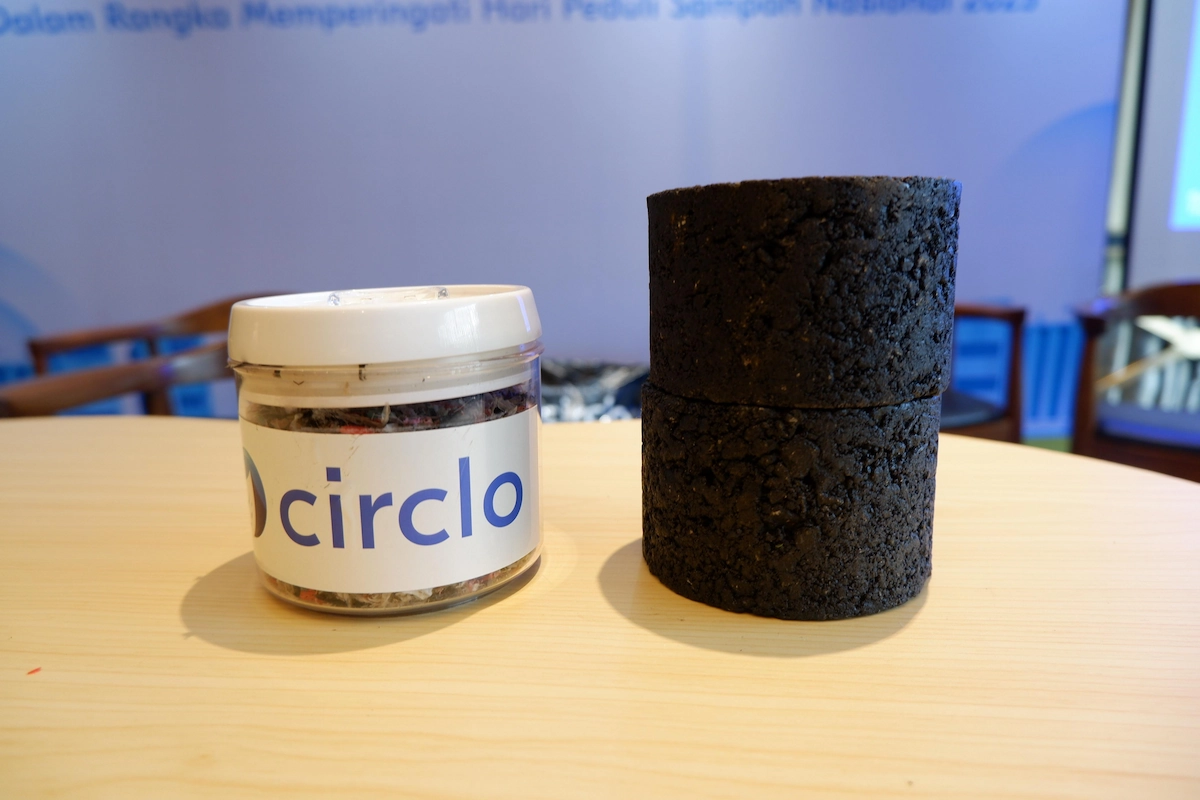
Another example of inorganic waste recycling is the processing of shredded plastic bags into a plastic asphalt mixture product, as has been successfully developed by the Chandra Asri Group through the CIRCLOⓇ franchise innovation.
Read also: Organic and Inorganic Waste: 6 Differences You Can’t Miss!
4. Become a Part of Waste Banks
If there is a waste bank around you, you can also consider becoming a member. This bank will help you manage various types of waste that you cannot process alone. Typically, the amount of waste brought in must reach a certain weight to be accepted.
As an appreciation, the waste bank will provide financial incentives for members who have collected waste. In addition, the bank also frequently holds award programs to build community participation towards waste management.
Interested in becoming one? You can visit some waste banks in Jakarta, such as Rubah Kertas, Kamibox, and Rebricks Indonesia. You can see the waste processing directly there.
Additionally, under Dinas Lingkungan Hidup DKI Jakarta, the government provides several waste banks in various areas. To make it easier, you can also utilize Jakarta’s e-Bank Sampah platform.
5. Separate the Hazardous Waste
Less commonly known, hazardous waste needs appropriate management to prevent polluting the environment and harming us. The examples of hazardous wastes are detergents, batteries, and used bulbs.
To maintain safety and health, hazardous waste should be properly separated, allowing proper management to be carried out. It will typically be disposed of in a secure landfill or undergo additional physical, biological, or chemical processing.
6. Compost Organic Waste
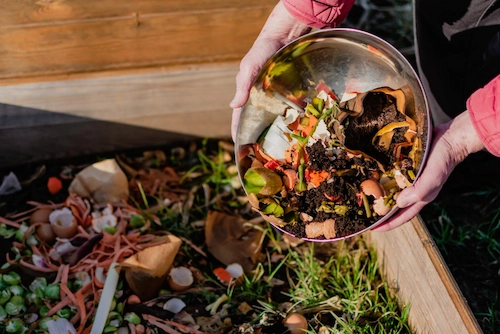
To manage organic waste, you can consider composting. In addition to reducing the waste, compost is beneficial as a natural fertilizer. This kind of fertilizer lessens the risk of polluting the environment and maintains soil fertility.
However, this activity should be supported by efforts to reduce organic waste as well. This is because there is frequently a limited capacity to process this kind of waste. To prevent food waste, you can finish your food at home every time you eat.
Read also: What Is Organic Waste? Find Out the Types and Benefits!
7. Reuse Some Stuff
The next household waste management you can do is reusing some stuff at home. For example, you can utilize a used toothbrush to clean your shoes and parts of your home. Moreover, used towels can be used as foot rugs.
8. Implement Zero Waste

In addition to turning waste into useful items, you can also start implementing zero waste efforts. One of the implementations is to reduce consumptive lifestyles, lessening the amount of waste.
Zero waste does not mean you have to live without producing any waste at all. However, the goal of this effort is to make you more aware and responsible for the items you buy to avoid causing environmental damage.
That concludes how to carry out household waste management to reduce the amount of waste and help conserve the environment. Not only are these measures easy to implement, but these actions can also provide economic benefits.
If you are aware of managing household waste and turning it into valuable items, this is the right time to join Indonesia Asri.
Indonesia Asri has a SiPalingSustainable campaign helping you to do challenges. These challenges can support you in implementing a sustainable lifestyle and creating a greener environment.
What are you waiting for? If you are ready for real action, register yourself now and become Warga Asri!
Read also: Various Benefits of Compost for Boosting Plant Productivity



